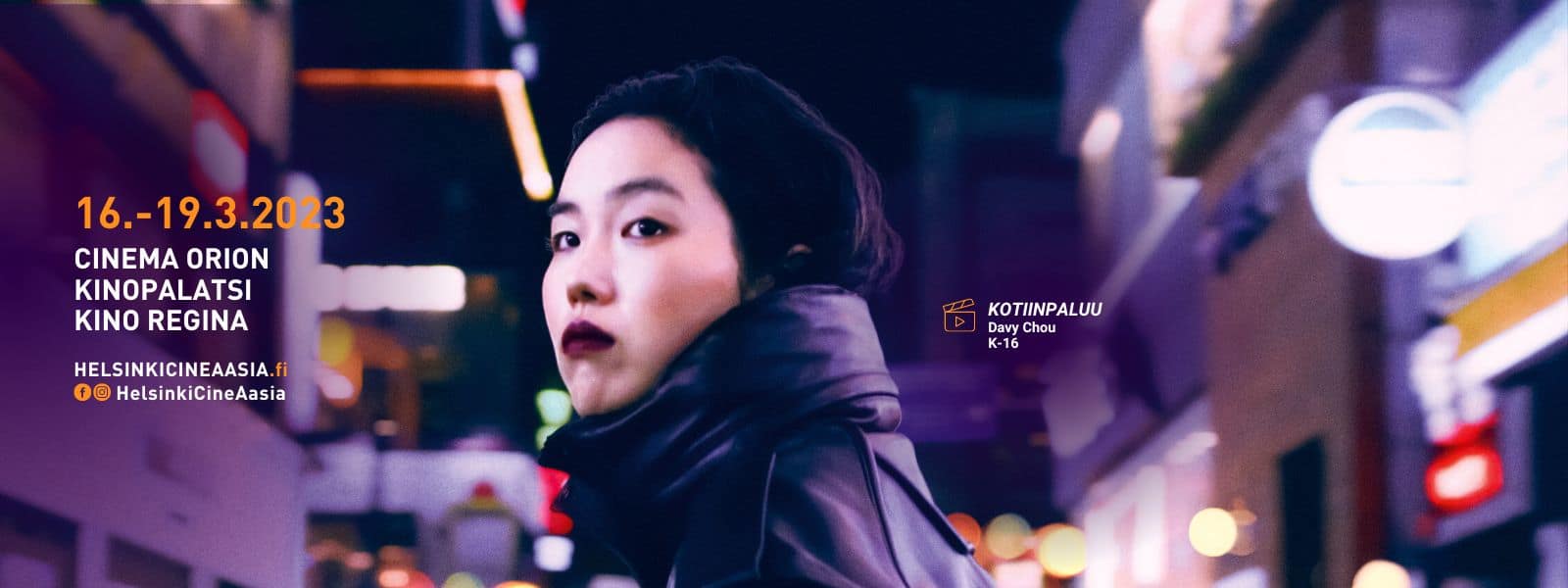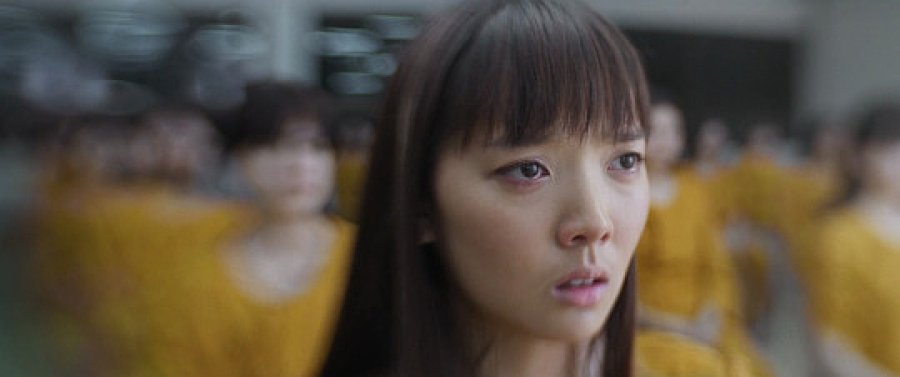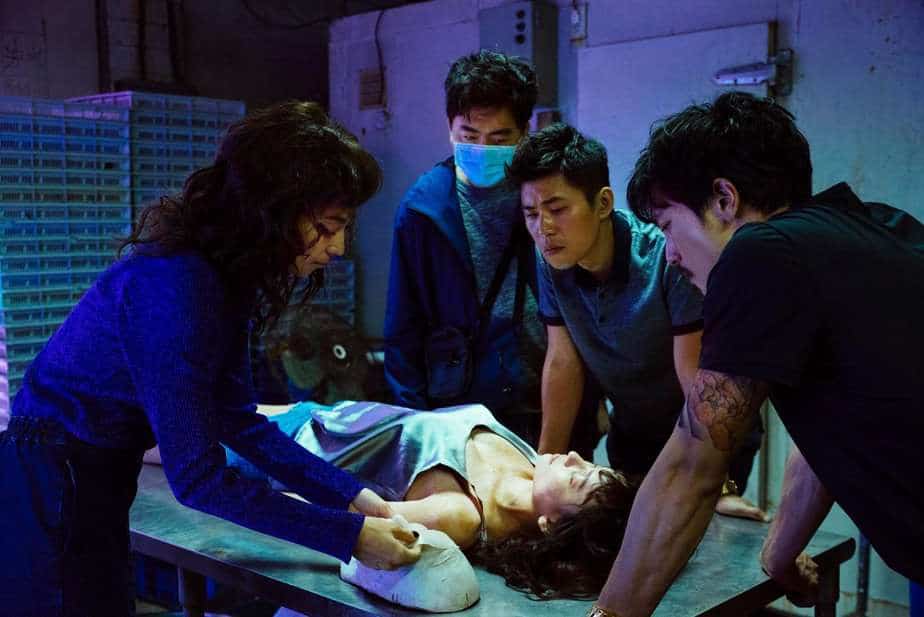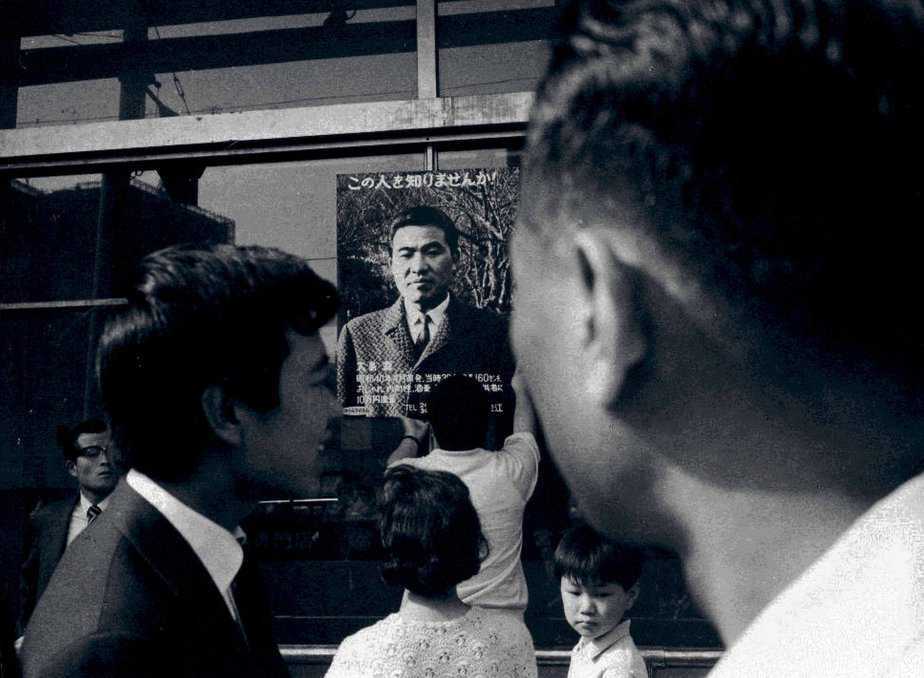“I Am What I Am” is the third feature film for Shinya Tamada, a director with lots of experience in theatre and television dramas, and it is also the third film – after “The Nighthawk's First Love” (Yuka Yasukawa, 2021) and “Grown-ups” (Takuya Kato, 2022) – of the project “(Not) Heroine Movies”, initiated by Nagoya Broadcasting Network with the intent of subverting the stereotypical female roles in films. In this case the cliché to subvert is the classic romantic dramedy.
“I Am What I Am” is screening at Helsinky Cine Aasia

The film's opening introduces us immediately to the complicated universe of protagonist Kasumi (Toko Miura) and all things that bother her. It's a night out with co-workers of a call center and the two guys cannot stop talking and asking the girls about romantic attraction, taste in boys and so on. Kasumi appears very reluctant and embarrassed, to the point that she soon leaves and heads to a ramen shop to eat a bowl of noodles, finally alone and in peace. Her loud family – mum, grandmother, pregnant sister, and brother-in-law – is also urging on the romantic outcome of the night out, and it's easy to understand that they all (mum especially!) want to see 30-year-old Kasumi finally married, despite her showing no sign of interest in the whole dating business. So desperate is the mum that, with a false promise of going shopping, she drags Kasumi to a cringey arranged matchmaking lunch with another mum and son. Funny enough, the son is the owner of the ramen shop where Kasumi is a regular, and they confess each other their lack of interest in romantic relationships. It is maybe the beginning of a relaxed friendship or at least is what Kasumi hopes, but soon enough the boy falls for her and in a painful-to-watch moment, she tries – unsuccessfully – to explain that it is not personal, but she really has no sexual attraction or romantic feelings for anybody; she defines herself asexual.
Kasumi has another glimpse of hope when she reunites with classmate Maho (Atsuko Maeda) a bubbly ex porn actress who also likes to challenge, in a bolder way, the clichés attached to women's role in society. Together they spend some happy time and Kasumi absorbs some of Maho's strength, to the point of creating her own upside-down version of Cinderella for the children show in the nursey where she now works. But love and romance always get in the way for Kasumi, not in a positive way and the feelings of inadequacy are back like a cloud in her life.
While the general understanding of the LGBTQ community has improved in recent years, people who identify as asexual or aromantic have remained largely unknown. These people who don't have any interest in sex or don't hold any romantic feelings toward others, are often exposed to frustration and painful experiences, mainly due to a lack of understanding by others. The existence of love, sex and romance is given for granted; even children in Kasumi's nursery school can't help mimicking adult's flirting, romantic inclinations, and rejection. “I Am What I Am” opens a door to a rarely portrayed (and rarely considered) community, to the melancholy of always feeling faulty but also to the solace that comes when you discover you are not alone.
After her noticeable performance in last year's multi awarded Hamaguchi's “Drive My Car”, in the supporting role of the introverted chauffeur Misaki, Toko Miura lands her first protagonist part playing – in a way – a similar character. She is undoubtedly cut for this character that wants to defy the stereotypical cute protagonist of the classic Japanese romance movie. Her intense facial expressions and tomboy-ish appearance mirror a troubled and solitary soul. In fact, the most poignant scenes of the film see Kasumi silent, watching the sea from the shore, the safe place where she always returns after yet another disappointment. Indeed, in this slice-of-life episodic movie-frame, the frustrated protagonist moves from one failure to the other; even when she manages to connect to some seemingly likeminded people, for them it's only a temporary occurrence. Sooner or later a romantic feeling – either for Kasumi or for someone else – creeps in and spoils everything.
Ultimately, the film's ambition is to challenge the perception of gender roles and to show – through the protagonist's capers – that the topic of romantic love is not something that's universal to all human beings. “I Am What I Am” has the great quality of offering visibility to a realm that is often denied or mistaken for a sort of mental issue and is an uplifting encouragement to be true to yourself. In this the film is incredibly refreshing; it is laced with humour, tactfully written and strangely relatable for a movie describing such a specific frame of mind.
Other than the aforementioned Miura's perfect cast, I must emphasise the equally good Atsuko Maeda who injects an energetic boost to the story, and the chemistry between the girls is tangible. If you are familiar with Takumi Kitamura, the heart-throb leader of the pop-rock Japanese band DISH, you will enjoy his cameo, in the role of an asexual / aromantic person who invites Kasumi out for an amusingly perfect, aromantic “date” at the multiplex cinema; each of them in a different screen, watching different movies! Finally, the original song “Kaze ni Nare”, was composed by Moeka Shiotsuka and is interpreted by Toko Miura herself.
















